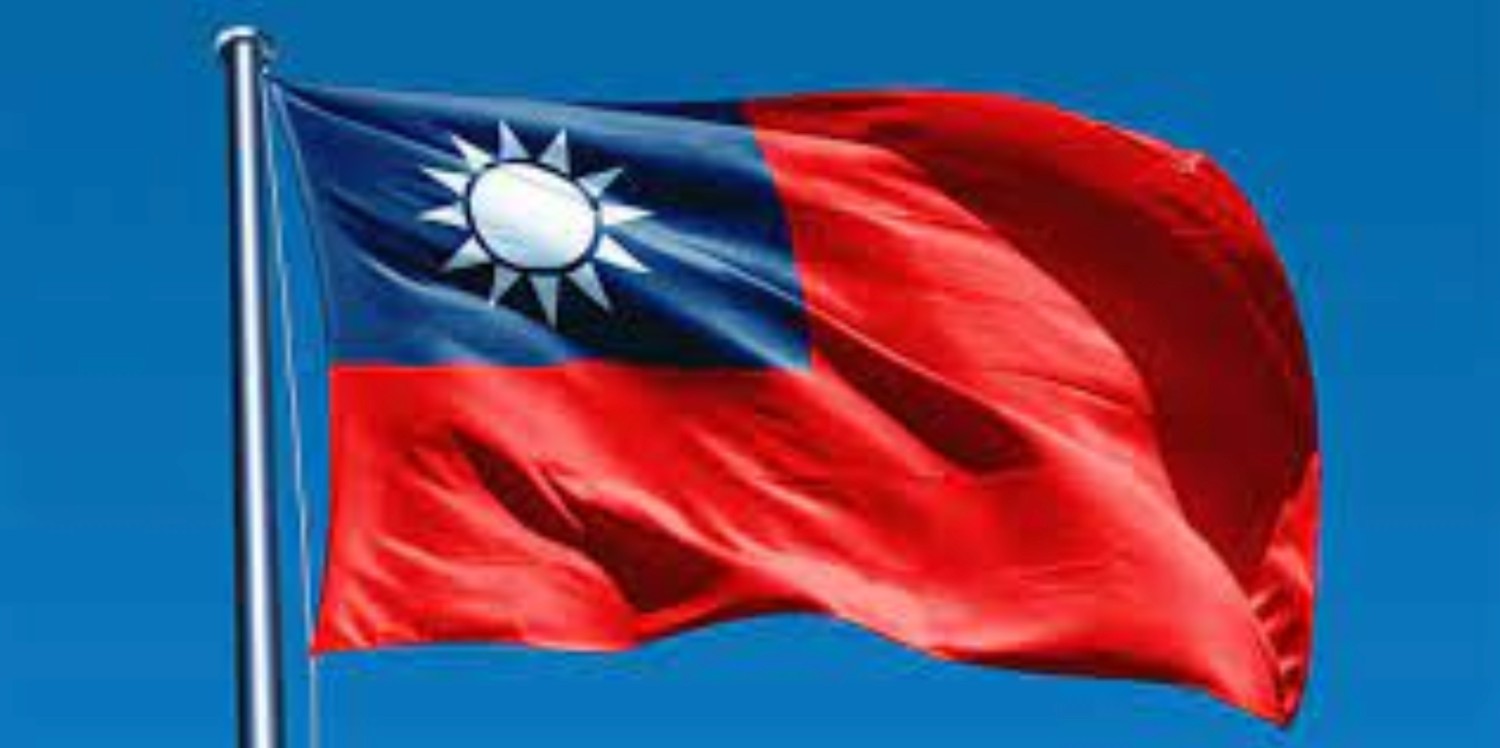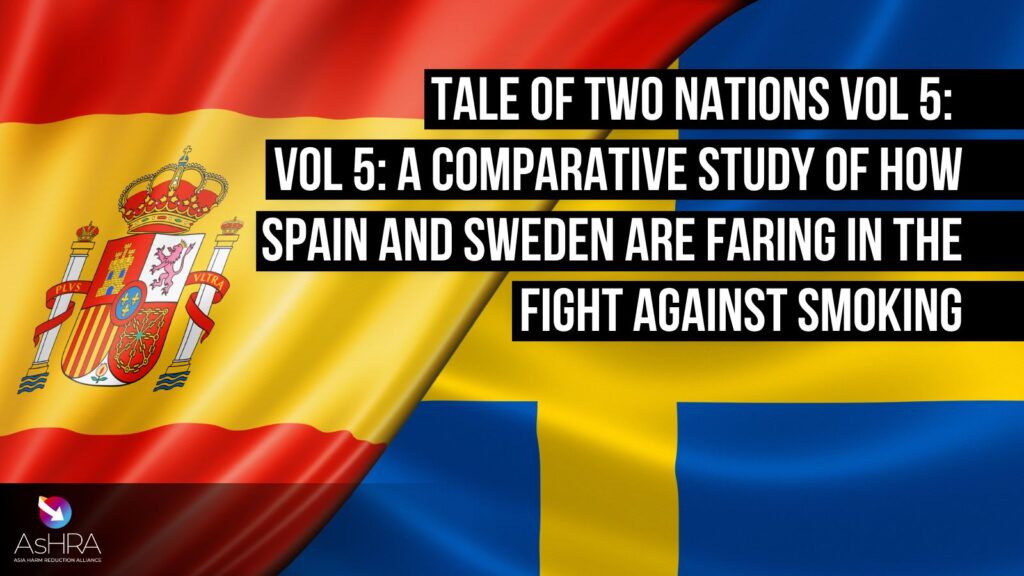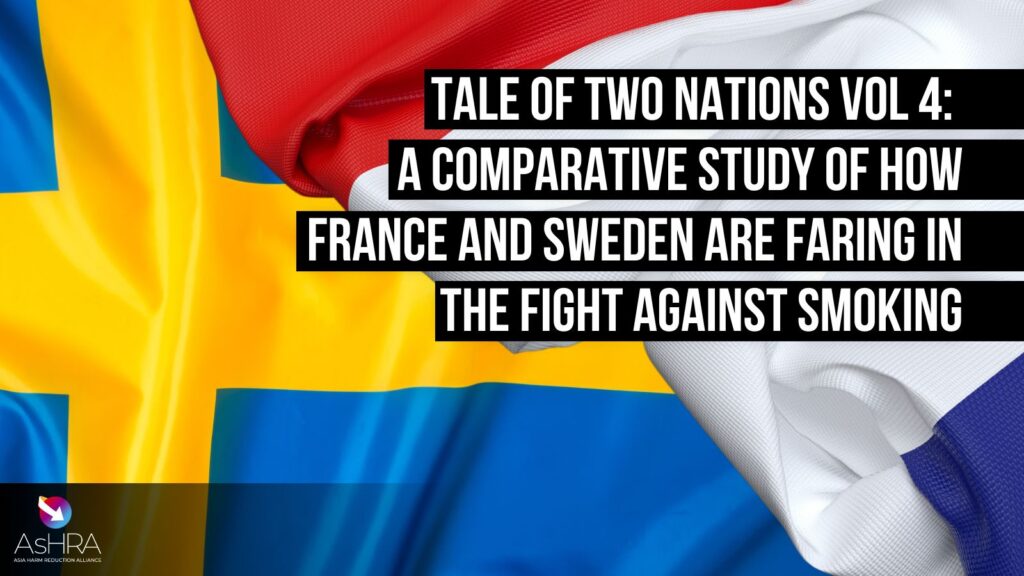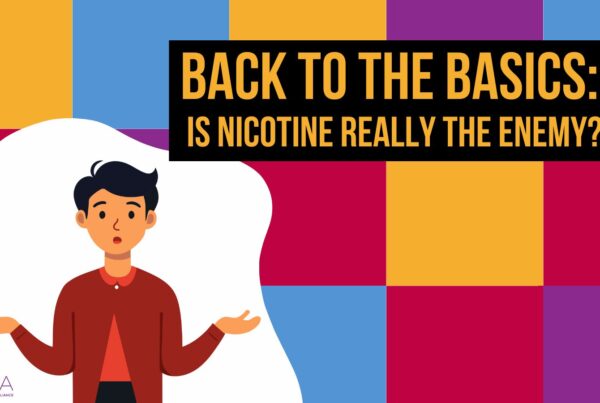“Raising the legal age for buying cigarettes to 20 is a good move, but effectively banning e-cigarettes is disappointing from Taiwan,” says Nancy Loucas, executive director of the Coalition of Asia Pacific Tobacco Harm Reduction Advocates (CAPHRA).
“We’re all for getting tougher on cigarettes but only if smokers and those desperate to quit have a viable, accessible alternative. Taiwan’s legislators are sadly only making it harder for the 19% of citizens who smoke to switch to safer nicotine options,” she says.
In January, lawmakers approved the third reading of the Tobacco Hazards Prevention Act, banning e-cigarettes and requiring heated tobacco products (HTPs) to comply with the law.
Amendments place e-cigarettes in the ‘cigarette-like product’ category, effectively banning their use as well as the sale, provision or manufacturing of their necessary components. The amendments take effect a month after their publication by the Government.
People who use HTPs or e-cigarettes that are not approved by authorities would face fines as would those who manufacture, import, provide or advertise tobacco products, or non-approved HTPs.
Taiwan is an island nation 100 miles off the east coast of mainland China. It has a population of about 24 million, of which about 19 percent of adults are believed to smoke.
“Sadly, Taiwan now joins some other countries in Asia which have outright vaping bans in place. The World Health Organization (WHO) and its Bloomberg Philanthropies – funded allies will no doubt be pleased. Their meddling and pressure have worked again.
“The move, however, goes against growing international science and public outrage that such bans are an affront to human rights and improving public health outcomes,” says Ms Loucas.
She says the fact that a relatively progressive nation like Taiwan can be convinced to ban vaping is the talk of the global Tobacco Harm Reduction (THR) community.
All eyes will be on COP10 in Panama this coming November – hosted by the World Health Organization’s Framework Convention on Tobacco Control (FCTC) which continues to press for signatory states to adopt ever more restrictive policies, including outright bans.
Recently, CAPHRA wrote to its delegates from around the world, noting that two high-profile studies, which have been quoted by tobacco controllers regarding the dangers of nicotine and vaping, have since been retracted and removed from significant medical journals.
‘Consumers’ rights to choose to use less harmful products to switch from smoking remain under tremendous threat from FCTC’s continuing failure to address scientific evidence, democratic processes and human rights,’ CAPHRA wrote.
Ms Loucas: “Taiwanese lawmakers say their amendments help ratify their commitments to WHO’s FCTC. However, the FCTC has a mandate to pursue harm reduction as a core tobacco control policy – a position it has singularly failed to acknowledge or implement since its inception. Taiwan is conveniently overlooking that.
“Taiwan’s smokers have the right to avoid adverse health outcomes and to access less harmful nicotine products as alternatives to smoking. It is very disappointing Taiwan’s lawmakers are buying into WHO’s discredited position,” says Nancy Loucas.
For a free digital media repository on tobacco harm reduction in Asia Pacific – including media releases, images, and graphics – please visit https://apthrmedia.org

About CAPHRA
The Coalition of Asia Pacific Tobacco Harm Advocates is a regional alliance of consumer tobacco harm reduction advocacy organizations. Its mission is to educate, advocate and represent the right of adult alternative nicotine consumers to access and use of products that reduce harm from tobacco use.
You can also find further information on tobaccoharmreduction.net regarding advocacy and resources for consumers and health professionals.
Related Posts
 Time to support Filipino vape law, not relitigate it
Time to support Filipino vape law, not relitigate it
Time to support Filipino vape law, not relitigate it
 Greens’ Plan To Legalise Nicotine Vapes Lauded
Greens’ Plan To Legalise Nicotine Vapes Lauded
Greens’ Plan To Legalise Nicotine Vapes Lauded
 Taiwan Vaping Ban Disappointing For Its Many Smokers
Taiwan Vaping Ban Disappointing For Its Many Smokers
Taiwan Vaping Ban Disappointing For Its Many Smokers
More about
Alcohol Harm Reduction
More about





